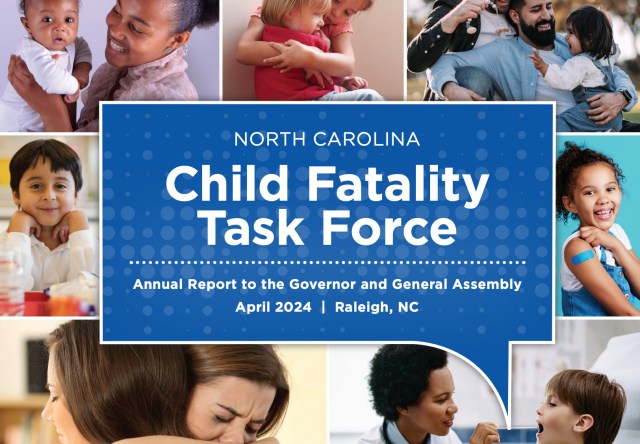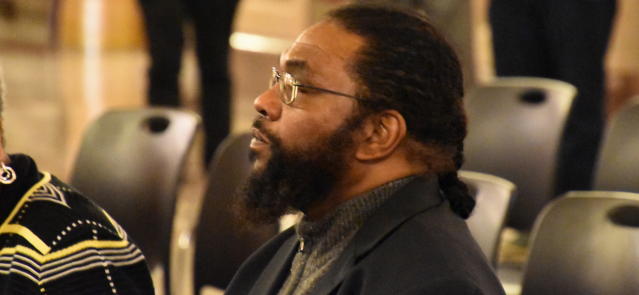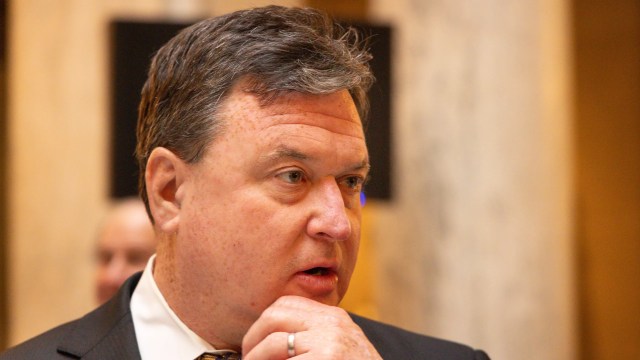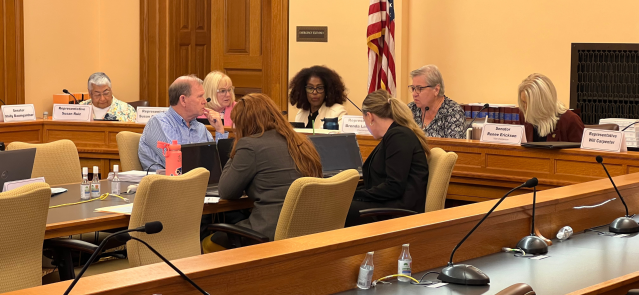The Child Fatality Task Force will convene in a series of meetings over the next few months in anticipation of submitting its annual report to the General Assembly prior to the legislative session.
Kella Hatcher, executive director of the Child Fatality Task Force, said this study cycle over the next few months will include three meetings each of the Intentional Death, Unintentional Death and Perinatal Health subcommittees. Three meetings of the Child Fatality Task Force will consider recommendations from the subcommittees to propose to the General Assembly.
Hatcher noted that although the task force’s 2024 recommendations received little traction, 2023 saw legislative successes on various fronts.
Task force recommendations that were passed included funding for the State Office of Child Fatality Prevention with the North Carolina Department of Health and Human Services, which was restructured and strengthened through the 2023 budget — $550,000 was allotted for the operational costs of the office, and $189,000 was distributed across all 100 counties for the 2024-25 fiscal year to support changes in child death review teams.
North Carolina’s Safe Surrender Law was amended in 2023 to allow parents to legally and anonymously surrender an infant up to 30 days old to a designated safe person, defined as a health care provider, first responder or on-duty social worker.
Other task force recommendations addressed in 2023 included passing a firearm safe storage and prevention law, creating funding for resources to prevent sleep-related infant deaths, increasing funding to increase the Medicaid maternal bundle rate to improve birth outcomes, and funding for comprehensive toxicology testing for all medical-examiner jurisdiction child deaths.
Yearslong advocacy for increasing funding for more school nurses, social workers, counselors and psychologists was partially addressed in last year’s budget, Hatcher added.
“We’re far below nationally recommended ratios on those positions, and they play a really important role with suicide prevention and promotion of mental health and identifying kids in crisis,” Hatcher said, adding that the 120 positions approved for funding fell far short of the existing need.
When Hatcher last Thursday provided a legislative update on the task force’s 2024 recommendations to the second meeting of the Perinatal Health Committee of the year, she acknowledged the update would be short and sweet.
“As our legislative members know, there’s not a lot to tell you about what happened with respect to task force recommendations [in 2024],” Hatcher said, with Sen. Jim Burgin, R-Harnett; Sen. Gale Adcock, D-Wake; and Rep. Carla D. Cunningham, D-Mecklenburg, in virtual attendance.
“The fact that the Legislature has not passed a comprehensive budget bill this year means there wasn’t the same sort of opportunity for our recommendations to be addressed,” Hatcher added in a follow-up interview with State Affairs.
A partial 2024 General Assembly victory from a task force recommendation was securing $67.5 million in funding toward child care centers, which face losing federal dollars. Like the school nurse and social worker funding, Hatcher said, the approved funding does not rise to the need experts say exists.
Hatcher credits state legislators who have championed task force recommendations and passed corresponding legislation. Though 2023 saw legislative movement on issues that had been percolating for years, Hatcher said 2024 recommendations such as legislation to address addictive algorithms in social media, Medicaid reimbursement of doula services and support for Fetal and Infant Mortality Reviews could return to their recommendation list for the longer legislative session.
“We’re often revisiting [former recommendations] because the issues that prompted the task force to make a recommendation are still an issue,” Hatcher said. “They haven’t gone away.”
The Child Fatality Task Force will submit its annual report with General Assembly recommendations before the 2025 long session begins.
For questions or comments, or to pass along story ideas, please write to Matthew Sasser at [email protected] or contact the NC Insider at [email protected] or @StateAffairsNC





